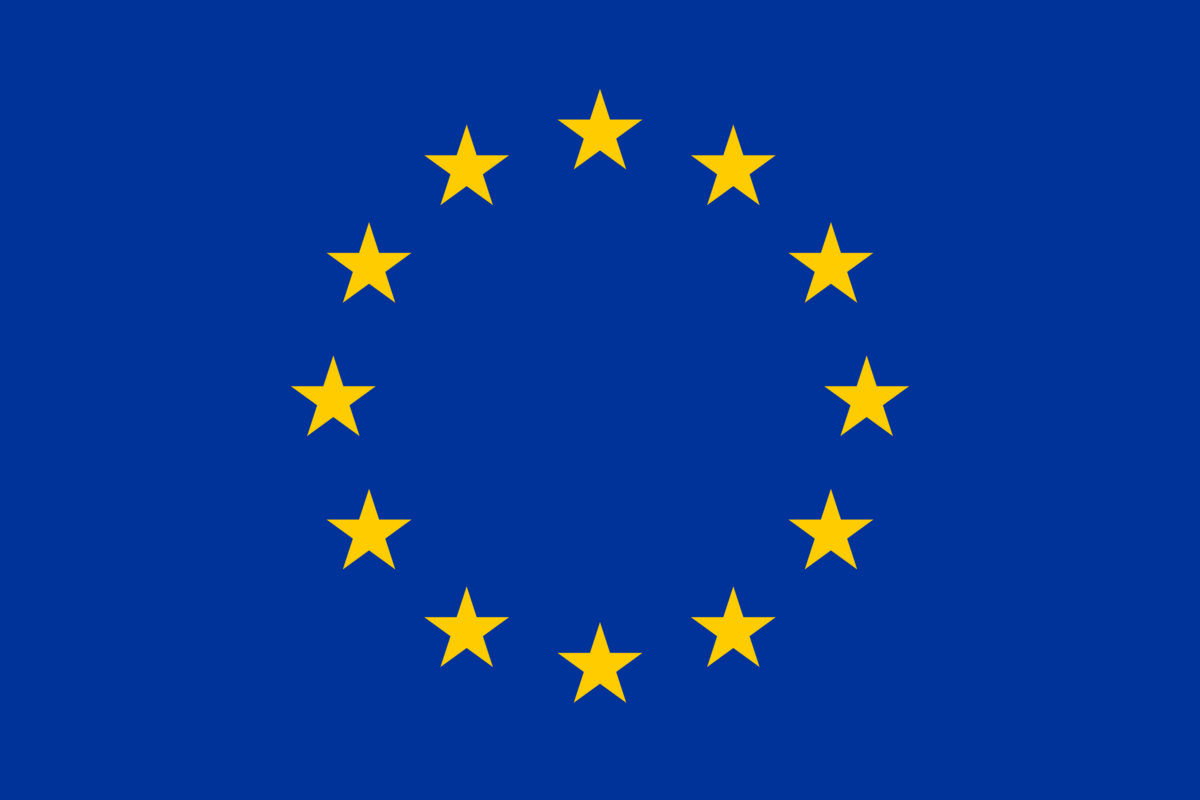Overall approach
The ZEROSTEEL project aims at reducing CO2 emissions in the whole value chain of steel production by applying innovative technologies in the fields of biomass gasification and integrating hydrogen sourced from local networks and electrolysers. Bringing together expertise of material scientists, engineers, geoscientists, and machine learning experts with tools and methodologies from pyro- and hydrometallurgical engineering, to develop and optimize new technologies for carbon neutral steel production.
Four direct reduction processes are under study which integrate hydrogen and renewables, namely: the fluidized bed hydrogen-based direct reduction process; the rotary kiln direct reduction; microwave assisted reduction; and hydrogen plasma smelting reduction (HPSR). The utility of biomass to produce heat and partially reduce iron ore is also investigated, along with adding biochar to the Electric Arc Furnace (EAF) to serve as a foaming agent for the slag. K1-MET’s role concerns the design and execution of comparative trials at lean hydrogen contents to evaluate the HPSR process in relation to the hydrogen-operated EAF.
Objectives
To achieve this, ZEROSTEEL will:
- Develop four hydrogen based innovative processes for the reduction process:
- Fluidized bed hydrogen-direct reduction
- Rotary kiln direct reduction
- Hydrogen plasma smelting reduction
- Low C-technology for the steel forming and shaping
- Integrate waste biomass coming from chemical looping process in the reduction stage
- Integrate carbon residues in the EAF smelting process for overall reduction in the CO2 emissions
- Delivery of a low-carbon emission technology for the steel forming and shaping
- Develop a Digital Twin application for AI-based Steel Quality Monitoring
- Evaluate the carbon reduction and sustainability of the process through the application of Life Cycle Analysis, Life Cycle Cost Analysis and environmental assessment
PROJECT TIMELINE:
1 October 2024 – 30 September 2028
FUNDING SCHEME:
This project is funded by the EU programme for research and innovation Horizon Europe (Grant Agreement no. 101178435).
PROJECT CONSORTIUM:
Starting with the project coordinator, the consortium is composed as follows:
- Technische Universität Bergakademie Freiberg
- BAM – Federal Institute for Materials Research and Testing, Germany
- BIONOW
- Danish Technological Institute
- DITENCO
- Erdemir
- European Energy
- HyIron
- Institut Jean Lamour, Centre National de Recherche Scientifique
- K1-MET GmbH
- Katholieke University of Leuven
- MNLT IKE
- NOVAMECHANICS
- OULUN YLIOPISTO
- S E & C IDIOTIKI KEFALAIOUCHIKI ETAIREIA
- University of Technology Vienna
- TU Clausthal
- Vale

 DE
DE EN
EN
